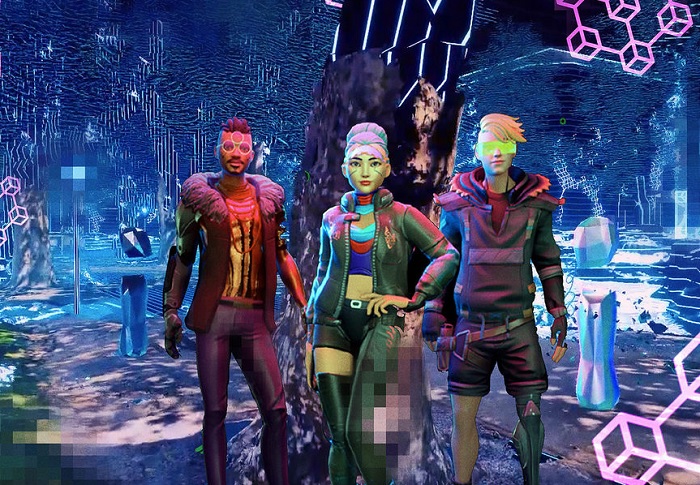How The Metaverse is Impacting Our Current Reality and Why the Future is Now

With so much talk surrounding the metaverse these days, you would think that this was an overnight development that recently exploded on the blockchain and within society at large. But the truth is that the metaverse has its roots in a popular videogame that introduced itself to the world way back in 2003. That game is called Second Life.
Linden Lab CEO Philip Rosedale’s vision for the game at the time was to give players a chance to live out their desire for escapism. They could be anyone they wanted to be, and live a completely different life separate from their reality. Second Life users or “residents” could create and customize their own avatars, meet other residents, socialize, build, create and trade virtual property and services with one another.
The game took some of its mechanics from The Sims, but it was a little more involved in terms of allowing you to create a fantasy life and a fantasy avatar to represent who you really are. The game is so influential that it was the subject of the book “The Making of Second Life: Notes from the New World” by Wagner James Au, in which the author delves into how the game built a base of more than a million active user and essentially created its own economy, culture and social norms.
The truth is the metaverse is impacting our current reality thanks to the precedence set by old games such as Second Life
Now that you know that, consider how putting this experience on the blockchain is impacting us now, and why it’s going to be a big part of the future.
What’s Happening with the Metaverse Now and How It’s Impacting Us
Meta (formerly known as Facebook) is seeing its share price take a nosedive this year. Estimates suggest the company is worth $232 billion less now. The dip in the company’s share price can partly be attributed to the state of the economy, but it arguably has much more to do with Meta’s rebranding and long-term investment in the metaverse.
Is it a good play to try and become the biggest player in the metaverse if you run a platform that has billions of users? Of course. Is it going to happen fast enough to make your shareholders happy in the short term? Probably not.
That said, whether a centralized platform like Meta succeeds, in the long run, is irrelevant to blockchain and crypto enthusiasts. Today, metaverse projects are ripe with offering the same benefits as a classic game like Second Life while tying in all of the benefits associated with blockchains, cryptocurrencies, and NFTs.

Why What’s Happening with the Metaverse in the Present Is a Sign of the Bright and Innovative Future to Come
Meta’s interest in the blockchain is clearly not just about revenue. It’s also about brand extension. The next generation of Meta users is going to be more enthusiastic about living in a virtual world than they are about posting their thoughts, feelings, or food pictures on somebody’s ‘wall’.
As you may know, the true blockchain and crypto purists aren’t going to want to live vicariously through Meta’s platform as much as they might want to live in Decentraland, Cryptovoxels, or whatever decentralized metaverse platform is going to be the world’s top player a decade from now.
Meta likely isn’t going to be as focused on developing digital assets such as NFTs that are going to earn revenue for you. Secondly, as much as they might be more focused on your privacy than the company ever has been before, they likely aren’t going to give you the total privacy that a blockchain affords.
What’s most likely is that the future of the metaverse lies in the hands of blockchain projects and innovators that might not be famous or wealthy today, but that might allow us to feel famous and wealthy ourselves (because we can be whoever we want to be in a virtual world).





